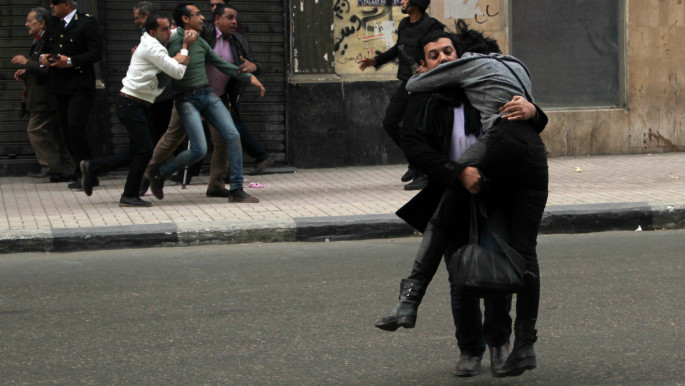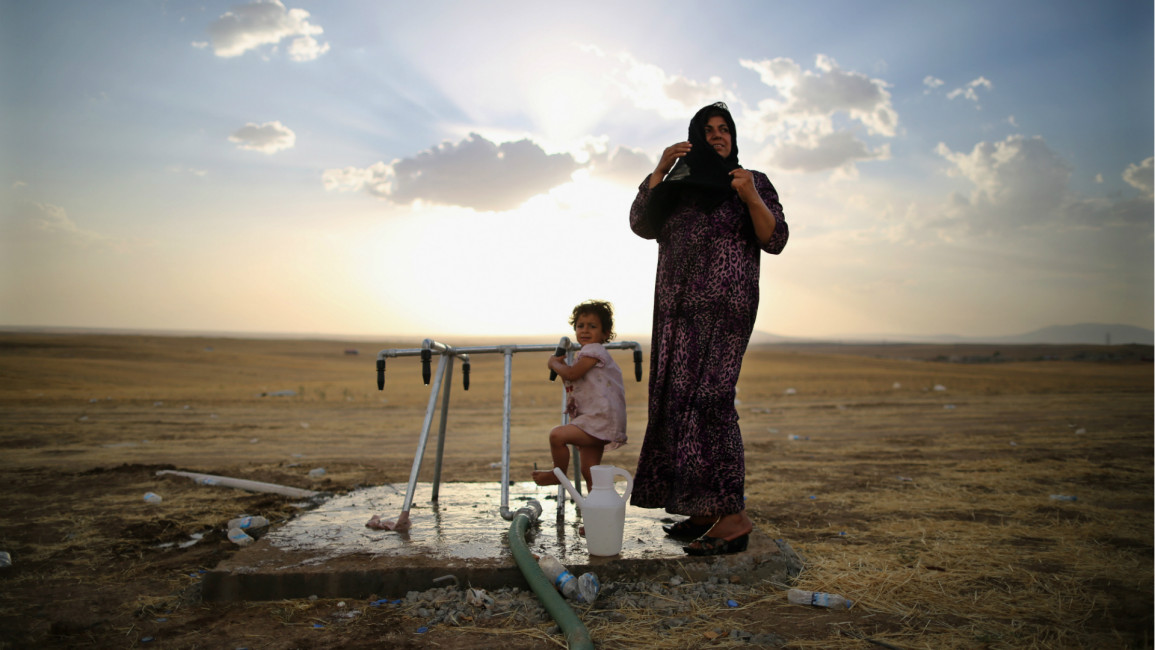
Keeping power in check: This week in Human Rights
A grim remembrance
19 March marked the 12-year-anniversary of the US-led invasion of Iraq. The same day, the United Nations published a horrifying report detailing a litany of crimes and atrocities committed by the Islamic State (IS), including incidents of killings, torture, rape, sexual slavery and the use of child soldiers.
The report is just another indication of the brutality civilians are facing, and have been facing for a very long time – we've already marked the 12-year plight, but when will it actually end? As for now, it's difficult to say.
Ethnic cleansing
The UN report specifically highlighted the atrocities against the Yazidi population, pointing to IS' intent of completely destroying the group, where in some instances, villages were entirely emptied.
 |
|
The report indicated that Yazidi populations were being rounded up, with men and boys over the age of 14 separated from the women and girls.
The males were led away and shot by ISIL, (Islamic State in Iraq and the Levant, now IS) while women were abducted as the 'spoils of war.'
Yazidi female escapees described being openly sold or handed over as 'gifts' to IS fighters.
Witnesses described rapes of girls as young as six and nine years old and a scene where group members sat laughing as two teenage girls were raped in the next room.
Yet another example of the group's savageness.
War criminals
The UN Security Council has called for the above atrocities to be referred to the International Criminal Court.
This coincides with UN investigators' move to start sharing details from their secret database on suspected war crimes in Syria, which could pave the way for perpetrators of killings, torture and atrocities on all sides to be brought to account.
A vital move indeed.
According to Amnesty International, an entire family was killed in Syria's rebel-held Idlib province after a gas attack was launched on their village on 16 March.
Another Amnesty report this week provided damning evidence that Syrian government forces unlawfully killed up to 115 civilians in a series of aerial attacks on the city of Raqqa in November, with some of the attacks possibly amounting to war crimes.
The attacks included assaults on a busy market crammed full of civilians, a mosque, shops, a transport hub, a storage facility and a residential building.
When it is clear that Syria's war has breached violations of the humanitarian law, then one can only wonder why this process has taken so long.
Crimes against women
This week has also seen a rise in attacks against women.
The death of female protester, Shaima al-Sabbagh, during a Februaury peaceful rally in central Cairo, prompted President Abdel Fattah al-Sisi to publicly demand that the perpetrator be brought to justice and the officer is now due to stand trial before a criminal court. This could potentially be a positive step towards ending impunity in Egypt.
 |
|
| Shaima al-Sabbagh is carried away after she was injured during clashes with police [AFPlGetty] |
Violent crimes continue to haunt females in Africa. Dozens of Nigerian women, who were forced to marry Boko Haram fighters, were reportedly slaughtered by their "husbands" before a battle with troops in the northeast town of Bama on 19 March.
The end of the week has witnessed a horrific attack on a woman suffering from mental illness in Afghanistan, after a Kabul mob beat her to death, set her on fire and threw her body into the Kabul River. She was alleged to have burned a copy of the Quran. The mob burned her outside Kabul's Shah-Do Shamshira Mosque.
Human rights groups have raised concerns whether enough was done to stop the mob.
"I would certainly hope the government would be trying to arrest and prosecute everyone who was involved and doing an internal investigation into whether the police response was appropriate," said Heather Barr, a senior researcher for women's rights in Asia for Human Rights Watch.
We'll be keeping our eye on human rights transgressions across the region and bringing you another weekly digest next Friday. If you want to share any information or bring our attention to any campaigns please tweet us at @alaraby_en.




